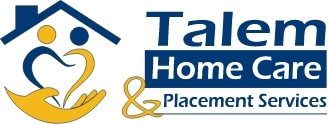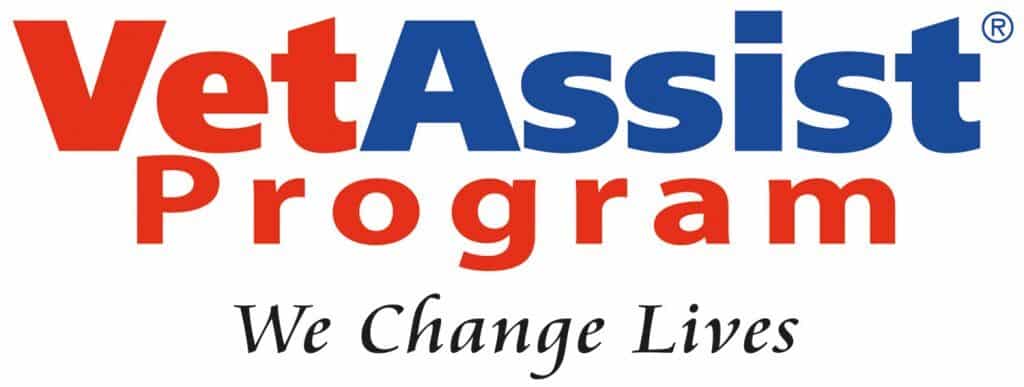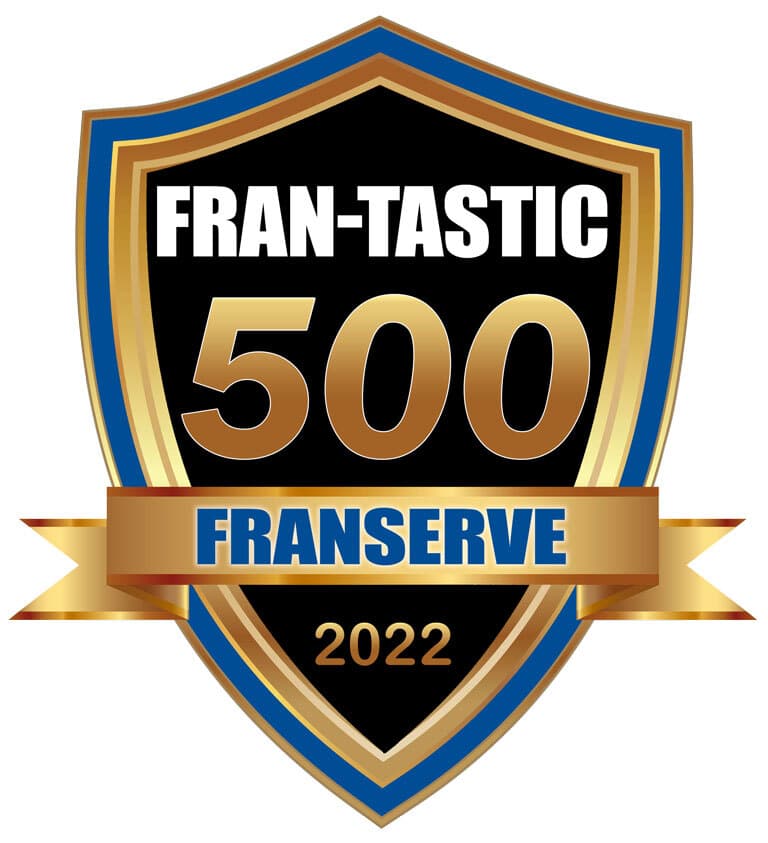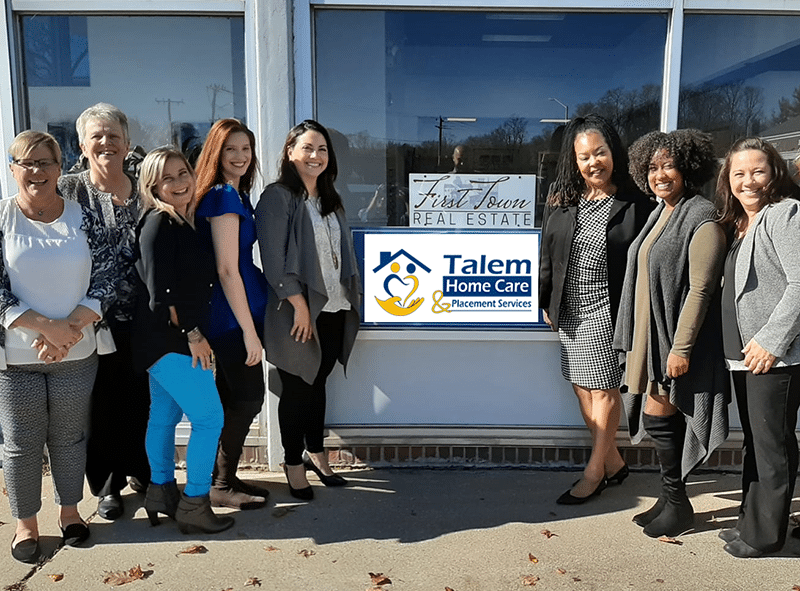Integrating technology with traditional caregiving methods in elder care is not just an innovation—it’s becoming necessary for care management. As the global elderly population increases, the demand for efficient and effective care management solutions also rises.
This has prompted a significant shift towards embracing technology in the care management of older adults, blending modern tools with time-honored practices to enhance the quality and accessibility of care.
The Rise of Technology in Elder Care
The adoption of technology in elder care aims to address several critical challenges, including the shortage of healthcare professionals, the rising costs of care, and the increasing complexity of health needs among the elderly. Technologies such as remote monitoring systems, telehealth services, and automated medication dispensers are proving instrumental in meeting these challenges.
Remote Monitoring Systems:
These systems allow caregivers and healthcare providers to monitor the health status of the elderly remotely. Sensors can track vital signs and movements and even predict potential health issues like falls or heart problems. This continuous monitoring helps in the early detection of problems, reducing emergency hospital visits and allowing for timely medical interventions.
Telehealth Services
Telemedicine has taken a front seat, especially highlighted by the recent global health crisis. Virtual consultations with doctors and specialists mean that the elderly can receive medical advice without leaving the comfort of their homes. This minimizes the risk of infections and breaks down geographical barriers to specialist care.
Automated Medication Dispensers
Medication management is a critical aspect of elder care. Automated dispensers ensure that the correct doses are taken at the right times, reducing the risk of medication errors and enhancing compliance with prescribed treatment regimes.
The Human Touch in Technology
While technology offers numerous benefits, the human aspect of caregiving remains irreplaceable. Integrating technology into elder care does not replace human caregivers but augments their ability to provide care management.
This integration helps caregivers by reducing their workload and stress, allowing them more time to focus on the personal needs of the elderly, such as companionship, emotional support, and physical care, that technology cannot replicate.
For instance, while a chatbot might provide reminders and answer basic health-related questions, it cannot replace the empathy and understanding of a human caregiver. The key lies in finding the right balance where technology handles routine and administrative tasks, enabling caregivers to devote more time to providing compassionate care and addressing complex care management needs.
Challenges and Considerations
Despite its benefits, the integration of technology in elder care is not without challenges. Privacy and security concerns are paramount, as health data is sensitive and vulnerable to breaches. Ensuring robust data protection measures is crucial to maintaining trust and compliance with regulations.
There is also the issue of accessibility and usability. Not all elderly individuals are comfortable using digital devices. Therefore, technologies must be designed with user-friendly interfaces and accompanied by training for both the elderly and their caregivers to ensure effective use.
Future Directions
Looking forward, the role of technology in elder care management is set to expand. Innovations like AI-driven diagnostics, robot-assisted physical therapy, and virtual reality for cognitive stimulation are on the horizon. These technologies could further revolutionize how care is provided, making it more personalized and proactive.
Data analytics can also play a pivotal role in enhancing elder care management. By analyzing health data collected from various technological devices, care providers can gain insights into health trends, predict outcomes, and tailor care plans to individual needs.
The integration of technology with traditional care in managing elder care is a dynamic and evolving field. As we continue to navigate this integration, it is crucial to focus on enhancing the quality of life for the elderly while respecting their dignity and preferences.
The future of elder care management lies in harnessing technology not as a replacement for the human touch but as a complement that enables better, more compassionate care. This balance will be key to the sustained success of elder care strategies in the modern world.
If you or an aging loved one are considering Care Management in Hartford, CT, please contact the caring staff at Talem Home Care & Placement Services of Hartford, CT, today. Call (860) 969-3134
At Talem Home Care & Placement Services of Fort Hartford, CT, we provide passionate, understanding, and flexible caregivers in Hartford, Avon, Berlin, Bloomfield, Cromwell, East Hartford, Farmington, Glastonbury, Kensington, Manchester, Middletown, New Britain, Newington, Rocky Hill, Simsbury, South Windsor, Wethersfield, Windsor and surrounding areas in Connecticut.
- Four Common (Non-Health) Reasons Seniors Don’t Exercise Enough - April 10, 2025
- Three Key Activities for Better Brain Fitness - March 24, 2025
- Helping Seniors Streamline Cooking - March 7, 2025







